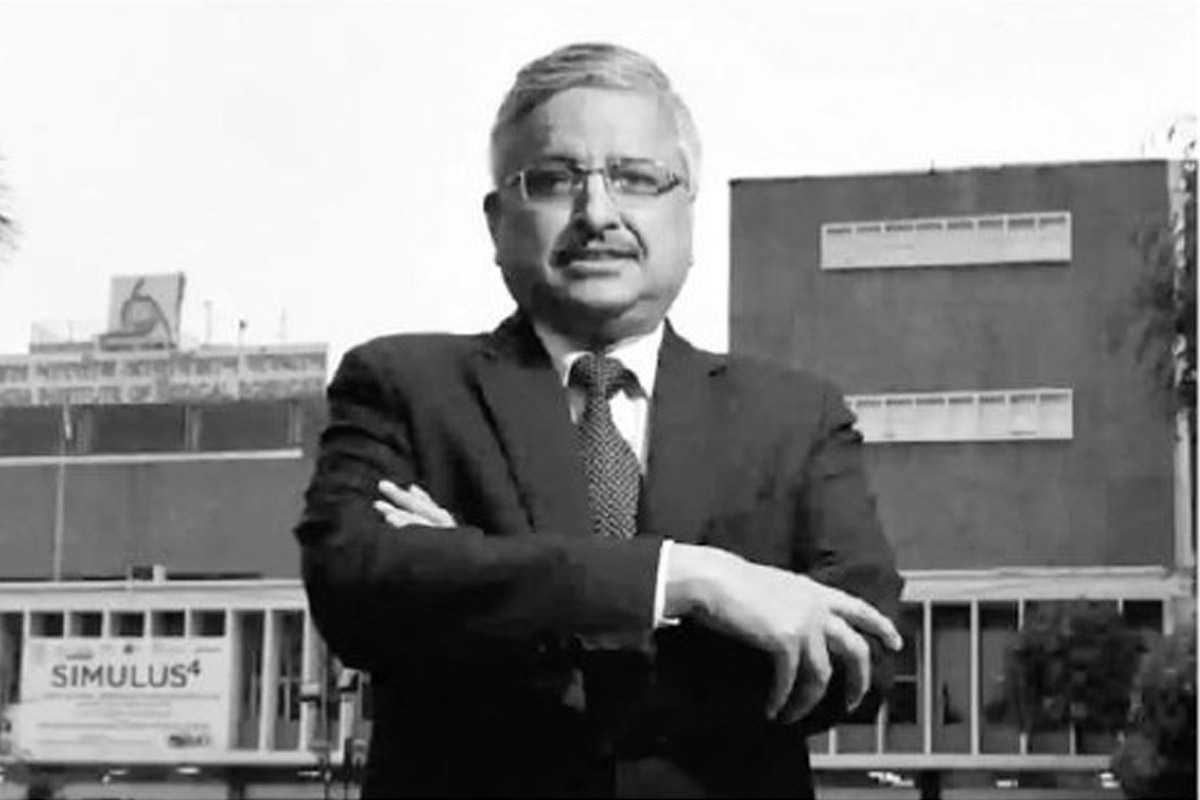The outbreak of coronavirus, which the World Health Organization has declared a global health emergency, has resulted in several fatalities so far in China, Italy and other countries.
It has now spread to most countries of the world, including India, Russia and Britain. In India, four persons have succumbed to the virus. As there is no antidote or vaccine against the “killer” coronavirus, the practice of social distancing and self-quarantine is the only way forward to ‘let it die in isolation’.
Leading pulmonologist and director of the All India Institute of Medical Sciences (AIIMS) Dr Randeep Guleria has been busting several myths relating to coronavirus.
In an interview with AJITA SINGH, he said containment must be accorded top priority.
Excerpts:
Q: Can you explain the threat perception of nCOVID 19 vis-a-vis Indian populace?
A: This pandemic outbreak is definitely a cause of concern but there is no need to panic. It is serious if we take the example of China, Iran, Italy and some other Western nations. High number of deaths is indicative of the severity of the disease. However, our government has acted well in time.
Isolation of infected persons and self-quarantine by people being advised by the authorities here must be taken seriously. I think we need not be that worried. The issue here is to prevent it or at least delay its entry into our country.
Q: What is your opinion of the Indian government’s move to isolate itself from the world amidst coronavirus scare?
A: In view of the global pandemic, a status which the World Health Organisation has given to the current global coronavirus infection, different countries are behaving differently. Each country is battling a different spread of the disease. India so far has less spread of the virus.
Most patients are those who have had an international travel history. Thus, we have to limit the fanning out of the virus so that it does not reach stage III transmission, i. e. community transmission.
Q: Are we well equipped to tackle this health menace?
A: We have adequate number of labs in the country to detect the virus. Screening facilities are sufficient. Quarantine establishments are working 24×7 at full capacity to treat those afflicted. All this is being done with an objective that the virus should not lead to sustained human-to-human spread.
Q: Is the situation in India ‘alarming’?
A: The infection in the country is mostly by Indians coming from foreign shores. If a person shows the symptoms of the virus, he can spread it to others during the incubation period. Though the infection has been very mild and self-limiting, large clusters have to be avoided.
We will be able to prevent or delay the spread of the infection by the current measures that have been taken in India to combat the virus. However, no method is foolproof. All those people who have come in contact with the infected individual have to be vigilant.
If they have symptoms of fever, cough, cold and breathing difficulty, they must immediately report to the health centre, get themselves tested and if they are positive, they need to follow nonpharmacological methods to quarantine and isolate the ‘infection’.
Q: Is coronavirus fatal, especially as there is no vaccine so far?
A: Coronavirus infection is not a very severe illness. As against SARS (Severe Acute Respiratory Syndrome) in 2002- 03 that had a mortality of almost 10 per cent the current data suggests that nCOVID has a mortality of only 2 to 3 per cent. So a large number of people who have this infection are sort of asymptomatic or recover on their own with just systematic treatment.
Only elderly patients or those who are immune-suppressed might develop acute respiratory depressed symptoms and require ventilator support. In such a group, the mortality can be higher.
Q:What drugs are being used to treat those hospitalised?
A: Some drugs which were used to fight H1N1 and also HIV-related drugs are being tried. As of now, though we have isolated the virus, it will take more than a year to develop a vaccine. We need time for clinical trials to check the safety and efficacy of the new drug or vaccine after it gets developed.
Q: What are the challenges you are facing in containing the viral spread?
A: People need to understand that during this time of the year, flu symptoms that are similar to coronavirus may be visible in a large number of people. Epidemiological travel history that one has travelled or come back from China or have come in contact with infected persons is the only basis to decide if one is infected with coronavirus.
Q: What is your advice?
A: Coronavirus is a droplet infection, so by coughing one can spread the infection. Do regular handwashing to stop infection from spreading from one individual to another. It is a novel infection. We do not know if it will die of heat or lead to severe illness.
So far, deaths in India were reported in persons whose body was already compromised due to asthma, high blood pressure or diabetes. We need to be more vigilant.











